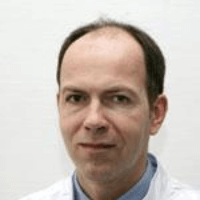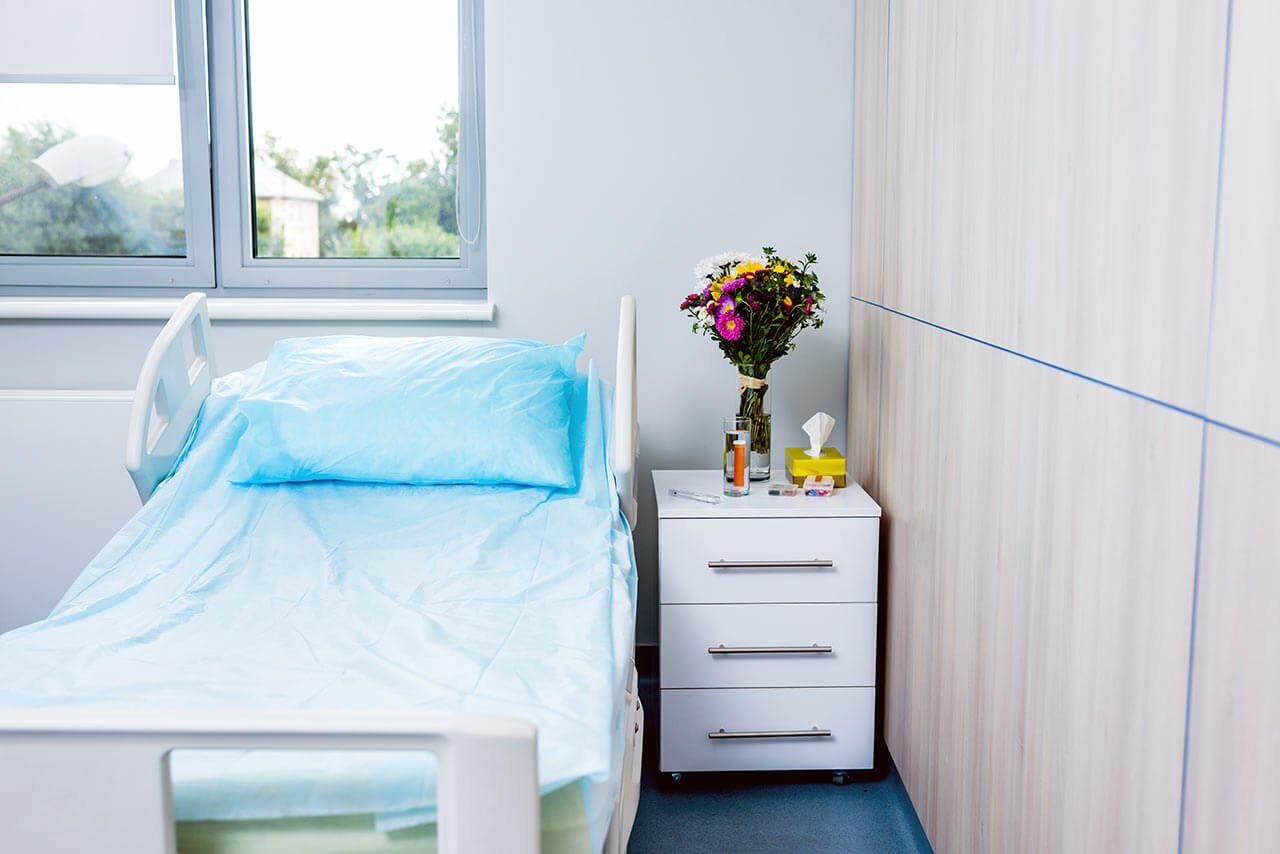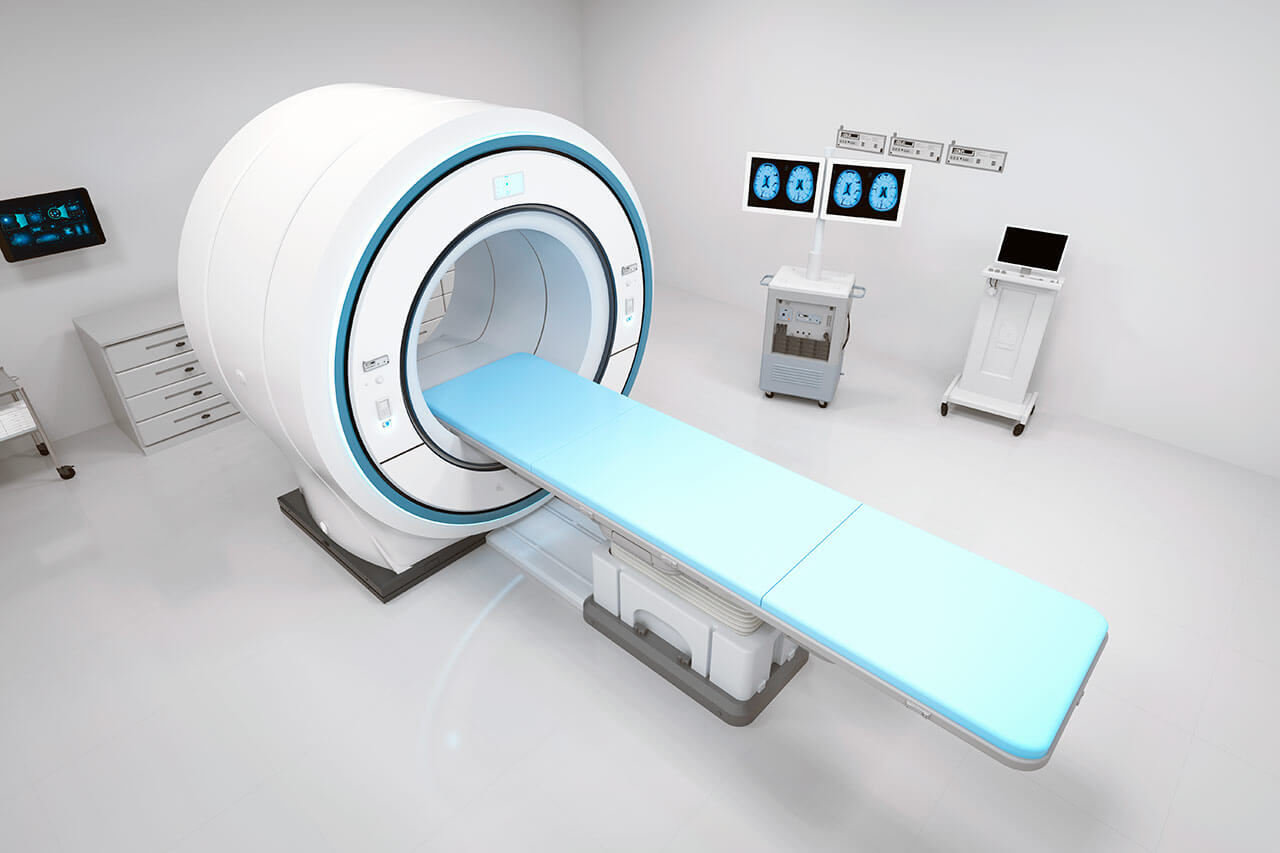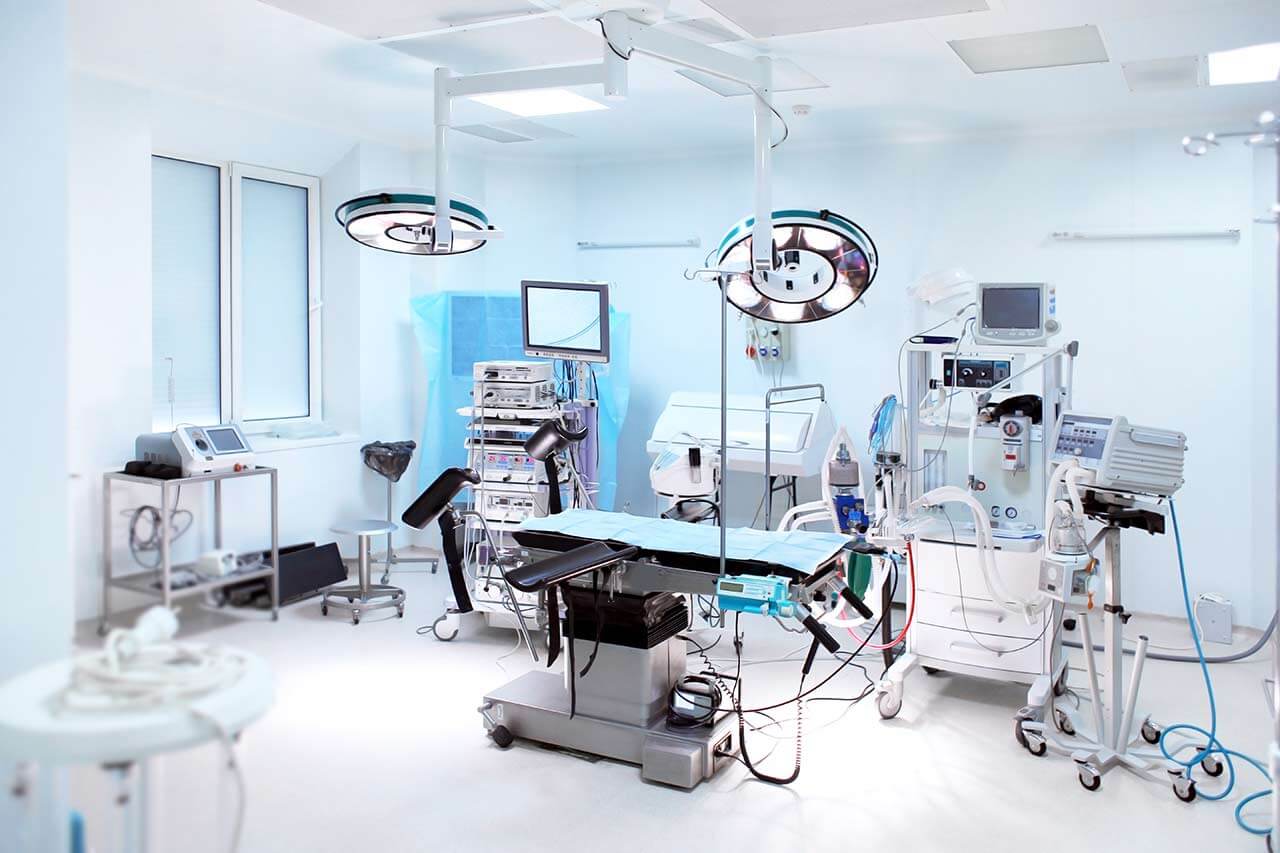
The program includes:
- Initial presentation in the clinic
- clinical history taking
- physical examination
- cardiological examination
- laboratory tests:
- complete blood count
- biochemical analysis of blood
- TSH-basal
- inflammation indicators
- indicators blood coagulation
- measurement of arterial blood pressure
- electrocardiogram
- Holter monitoring (24h)
- echocardiography
- transesophageal echocardiography
- preoperative care
- cardiac catheterization
- surgical reconstruction of ventricular septal defect
- symptomatic treatment
- control examinations
- the cost of essential medicines and materials
- nursing services
- full hospital accommodation
- explanation of future recommendations
Required documents
- Medical records
- Echocardiography (if available)
Service
You may also book:
 BookingHealth Price from:
BookingHealth Price from:
About the department
According to the Focus magazine, the Department of Adult and Pediatric Cardiac Surgery, Vascular Surgery at the University Hospital Giessen UKGM ranks among the top German medical facilities in its areas of specialization!
The department offers the full range of surgical interventions for the treatment of diseases of the cardiovascular system in patients of all age groups. The department specializes in coronary artery surgery, heart valve diseases, heart arrhythmias, vascular surgery and aortic surgery. The therapeutic options are complemented by heart transplantation. The experienced cardiac surgeons of the departments perform more than 2,000 operations annually. The department is headed by Prof. Dr. med. Andreas Boening.
One of the department’s primary focuses is the treatment of heart valve diseases. The treatment involves the reconstruction or total replacement of the heart valve (depending on the stage of the pathology). Many interventions for the treatment of heart valve diseases are performed using catheter techniques (this offers particular benefits for high-risk patients). The heart valve prosthetic surgery guarantees a long-term result and almost eliminates the need for repeated interventions. The heart valves are replaced with biological and mechanical prostheses. The decision on the type of prosthesis is made by the doctor based on the results of the examinations and the specific clinical situation. The biological prostheses are mostly used in elderly patients over the age of 60 years, whereas the mechanical ones are used in young patients.
The specialists of the department also have vast experience in the field of pediatric cardiac surgery. They have recently performed about 250 operations with the use of a heart-lung machine and about 400 operations without it. The department’s surgeons have also performed more than 140 heart transplants for children and adolescents as part of a special Heart Transplant Program. The program also includes artificial heart implantation, ECMO therapy, as well as autologous stem cell transplantation for the treatment of cardiomyopathy. The department treats congenital heart defects in infants, young children, adolescents and adults.
The vascular surgeons of the department provide drug and surgical treatment of arterial and venous diseases, as well as their complications. The department performs open interventions to treat all forms of diseases of the venous and arterial vessels, including vascular malformations. In addition, the scope of surgeons’ tasks includes minimally invasive surgery for arterial diseases (endovascular therapy), open interventions in combination with catheter techniques (hybrid surgery). The department is particularly competent in the field of aortic surgery and treatment of diabetic foot syndrome.
The service range of the department includes:
- Cardiac surgery
- Surgical treatment of coronary heart disease
- Coronary artery bypass grafting (with and without the use of a heart-lung machine)
- Surgical treatment of heart valve diseases
- Aortic valve stenosis, aortic valve insufficiency
- Mitral valve stenosis, mitral valve insufficiency
- Tricuspid valve insufficiency
- Pulmonary valve insufficiency
- Infectious endocarditis
- Reconstructive interventions
- Prosthetics of the affected heart valves
- Surgical treatment of heart rhythm disturbances
- Pacemaker implantation
- Defibrillator Implantation
- Ablation (radiofrequency and cryoablation) for the treatment of atrial fibrillation
- Surgical treatment of heart failure
- Left ventricular assist device
- Heart transplant
- Surgical treatment of aortic diseases (for example, aneurysms)
- Open surgery
- Endovascular surgery
- Mechanical support for heart and lung function
- Extracorporeal membrane oxygenation
- Surgical treatment of congenital heart defects in infants, young children, adolescents and adults, including heart transplantation, artificial heart installation, ECMO therapy, as well as autologous stem cell transplantation for the treatment of cardiomyopathy
- Surgical treatment of coronary heart disease
- Vascular surgery
- Carotid stenosis
- Circulatory disorders (in the extremities, abdominal organs)
- Aneurysms
- Aortic stenosis
- Mesenteric artery stenosis
- Vascular complications of diabetes mellitus
- Varicose veins (including endovascular and laser treatment)
- Vascular malformations
- Amputation surgery
- Intensive care for the patients who have experienced heart surgery, vascular interventions
- Basic and extended hemodynamic monitoring
- Invasive and non-invasive ventilation, tracheostomy
- Drug support for blood circulation
- Treatment of arrhythmias using medications and electric cardioversion
- Echocardiography (transthoracic, transesophageal)
- Mechanical circulation support using ECMO or other mechanical methods (intra-aortic balloon pump, micro-axial pumps)
- Bronchoscopy
- Drainage (pleura, pericardium, peritoneum)
- Hemodiafiltration
- Liver dialysis
- Active and passive mobilization
- Other medical services
Photo of the doctor: (c) UKGM - Universitätsklinikum Gießen und Marburg GmbH
About hospital
The University Hospital Giessen UKGM positions itself as an ultramodern medical facility with outstanding quality of medical care. The hospital presents almost all areas of medicine, ranging from ophthalmology to traumatology and dentistry. The priorities of the hospital’s activities include surgery, neurosurgery, oncology, nephrology with kidney transplantation and pediatric medicine.
The hospital is the third largest in Germany. Every year, more than 436,000 patients are treated in two locations of the hospital (Giessen and Marburg): 342,000 outpatients and 94,000 inpatients. The medical facility is the first privatized university hospital in the country.
The hospital staff is engaged not only in clinical practice, but also in research activities on the basis of the Faculty of Medicine at Justus Liebig University Giessen and Philipps University of Marburg, which contributes to a significant contribution to the development of modern medicine. During the many years of productive work on the development of new diagnostic and treatment methods, the hospital’s doctors managed to make many significant discoveries.
The hospital enjoys an excellent reputation in Germany and far beyond its borders. It managed to gain such credibility thanks to the high competence of doctors, advanced equipment, high-quality medical service and care.
Photo: (c) depositphotos
Accommodation in hospital
Patients rooms
The patients of the University Hospital Giessen UKGM live in comfortable rooms made in a modern design and light colors. Each room has an ensuite bathroom with shower and toilet. The standard room furnishing includes an automatically adjustable bed, a bedside table, a wardrobe, a table and chairs for receiving visitors, a TV, a telephone.
Meals and Menus
The patients of the hospital are offered balanced, healthy three meals a day: buffet breakfast, lunch and dinner. The private kitchen, certified according to DIN EN ISO 9001:2000, is responsible for providing patients with food and drinks.
If for some reason you do not eat all foods, you will be offered an individual menu. The hospital also has a cafeteria with a large assortment of hot and cold drinks, snacks and desserts.
Further details
Standard rooms include:
Television
All patient rooms are equipped with TV sets. If you have some questions, please contact medical personnel.
Religion
Religious services can be provided upon request.
Accompanying person
During an inpatient program, an accompanying person can stay with you in a patient room or in a hotel of your choice.
Hotel
During the outpatient program, you can stay at the hotel of your choice. Our managers will help you to choose the most suitable option.




